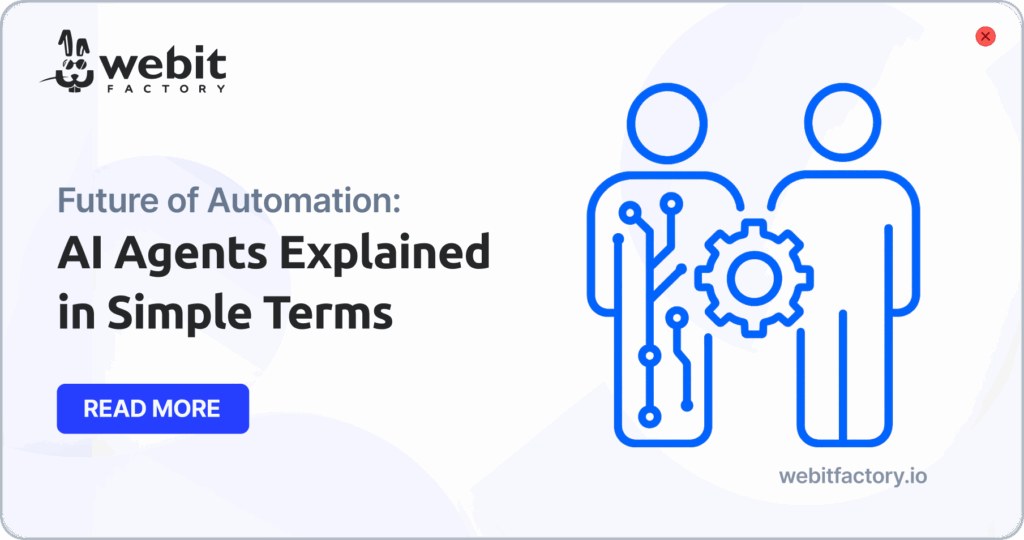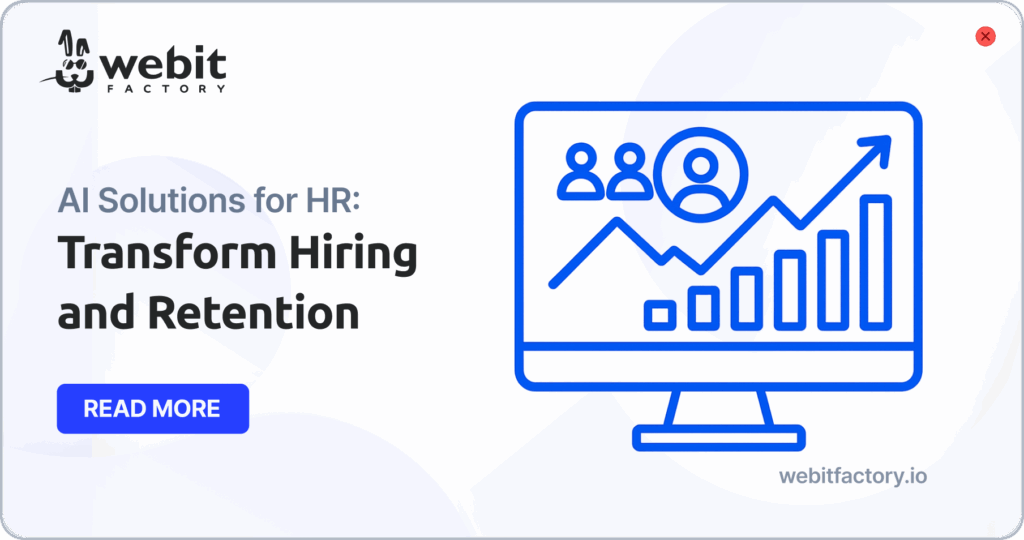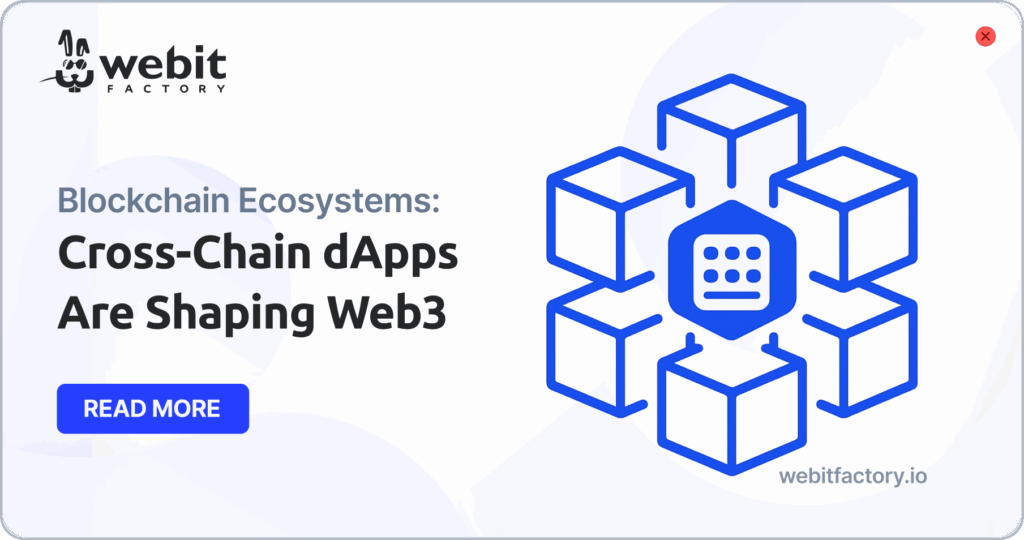By providing tools that are tailored to their unique business requirements, the major objective of creating custom enterprise software solutions is to assist firms in operating more successfully and efficiently.
What is an ERP?
The process of developing unique enterprise software for a company or organization is called custom enterprise software development. This can encompass everything from customer relationship management (CRM) systems to enterprise resource planning (ERP) solutions.
When they are unable to locate off-the-shelf software that meets their specific internal business requirements, organizations frequently turn to designing custom enterprise software. Instead of creating custom software from scratch, organizations may choose in some circumstances to modify an existing piece of software to better suit their needs.
Before starting a custom software development project, businesses must thoroughly examine their needs and goals. To assist their project, they should also take the time to choose a respected and knowledgeable corporate software development company.
What are the benefits of an ERP?
When compared to buying pre-packaged software, firms can receive a considerable long-term return on investment (ROI) even if the cost of custom software can be high.
Custom software will have a different business case for each enterprise. However, a few advantages we’ve observed companies gain from a custom software investment are as follows:
- Dedicated support from the application’s own designers and builders, enterprise software developers.
- Direct integration with other software applications in a company’s tech stack can increase the effectiveness of business processes and lower the maintenance costs of third-party integration solutions.
- Increased workflow effectiveness as a result of software being tailored to meet certain company requirements.
- Adaptability to evolving business requirements and future-proofing against business expansion.
Types of enterprise software
There are numerous kinds of corporate software depending on the goal. Each piece of software strives to accomplish a goal that makes achieving the desired results simpler.
Here are the major types of enterprise software that companies should utilize:
- Enterprise Resource Planning (ERP) Software
- Customer Relationship Management (CRM) Software
- Content Management System (CMS) Software
- Business Intelligence Software
- Project Management Software
- Supply Chain Management (SCM) Software
- Human Resource Management (HRM) Software
Because of the enormous advantages that enterprise resource planning (ERP) offers to firms of all sizes and in all sectors, it is already well-known among many corporations. Let’s discuss the definition of ERP, its benefits and drawbacks, and more in-depth in today’s article.
updates
Related Articles

AI Agents Explained in Simple Terms
Discover what AI agents are, how they work, and why intelligent agents are reshaping automation across industries.

AI Solutions for HR That Transform Hiring and Retention
AI solutions for HR are transforming hiring and retention with faster recruitment, better cultural fit, and lower turnover rates.

Cross-Chain dApps Are Shaping Web3
Cross-chain dApps are shaping Web3 by streamlining UX, improving contract monitoring, and bridging fragmented blockchain ecosystems.
